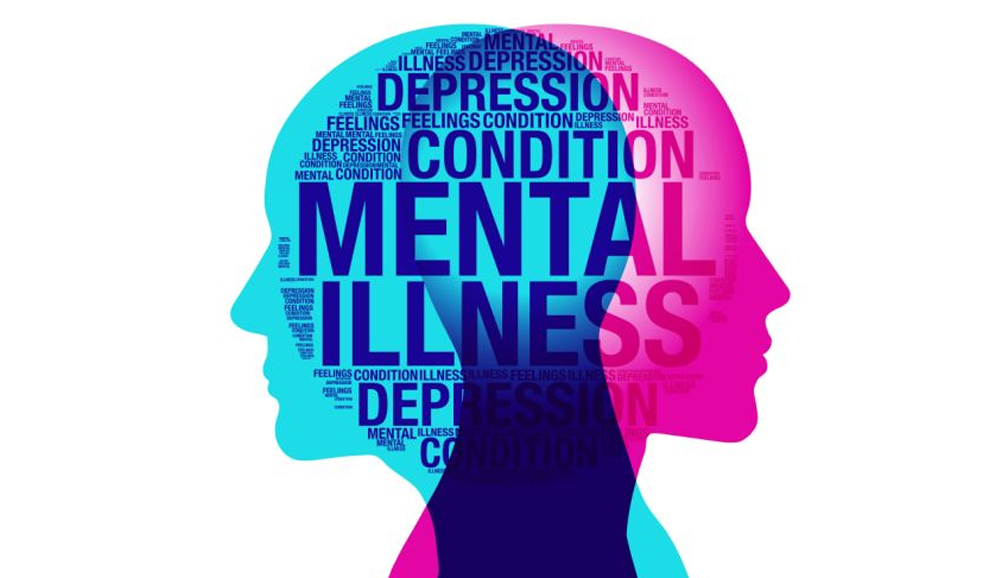Mental Health: How to Improve Well-Being and Resilience
Mental health is an essential part of overall well-being, influencing how we think, feel, and act in daily life. Strong mental health allows us to cope with stress, maintain relationships, work productively, and make sound decisions. On the other hand, poor mental health can affect physical health, relationships, and quality of life.
This article explores practical strategies to maintain and improve mental health, helping you achieve balance, clarity, and emotional resilience.
Understanding Mental Health

Mental health refers to a person’s emotional, psychological, and social well-being. It affects how we handle stress, relate to others, and make decisions. Mental health is not just the absence of mental illness; it’s about maintaining a healthy state of mind that allows you to function effectively in daily life.
Factors affecting mental health include:
Genetics and family history
Life experiences and trauma
Physical health and lifestyle
Social support and relationships
By understanding the importance of mental health, individuals can take proactive steps to protect and strengthen it.
Nutrition and Mental Health
Diet plays a significant role in supporting mental health. Certain nutrients are essential for brain function and emotional well-being:
Omega-3 fatty acids: Found in fish, flaxseeds, and walnuts, these support cognitive function and reduce inflammation.
B vitamins: Vital for brain health and mood regulation. Found in whole grains, eggs, and leafy greens.
Antioxidants: Present in fruits and vegetables, antioxidants protect brain cells from oxidative stress.
Magnesium and zinc: Important for neurotransmitter regulation and stress reduction. Found in nuts, seeds, and legumes.
Protein: Supports the production of neurotransmitters that influence mood and focus.
A balanced diet that includes these nutrients can improve mood, reduce anxiety, and support long-term mental health.
Physical Activity and Mental Health
Exercise is a powerful tool for maintaining and improving mental health. Regular physical activity releases endorphins, which boost mood and reduce stress. It also improves sleep, increases energy, and enhances cognitive function.
Tips for incorporating exercise:
Aim for at least 30 minutes of moderate activity most days, such as walking, swimming, or cycling.
Include strength training to build resilience and boost overall well-being.
Practice mind-body exercises like yoga or tai chi to combine physical activity with mindfulness.
Consistent exercise supports emotional balance and contributes to long-term mental health.
Stress Management and Mental Health
Chronic stress can negatively impact mental health, leading to anxiety, depression, and cognitive difficulties. Managing stress effectively is essential for maintaining emotional and psychological resilience.
Effective stress management strategies include:
Mindfulness and meditation: Reduce stress hormones and increase awareness of the present moment.
Deep breathing exercises: Help calm the nervous system and regulate emotions.
Time management: Prioritize tasks and set boundaries to reduce overwhelm.
Social connections: Sharing concerns with friends or family reduces emotional strain.
By addressing stress proactively, individuals can protect and enhance their mental health.
Sleep and Mental Health
Sleep is a critical component of mental health. Poor or irregular sleep patterns can affect mood, cognitive function, and overall emotional balance. Adults typically need 7–9 hours of quality sleep per night to maintain optimal brain function.
Tips for improving sleep:
Maintain a consistent sleep schedule, even on weekends.
Avoid screens and bright lights before bedtime.
Create a calm and dark sleeping environment.
Limit caffeine and heavy meals in the evening.
Good sleep habits support cognitive function, emotional stability, and overall mental health.
Social Support and Relationships
Strong social connections are essential for maintaining mental health. Healthy relationships provide emotional support, reduce stress, and promote feelings of belonging and self-worth.
Tips for building strong connections:
Spend quality time with family and friends.
Engage in community activities or volunteer work.
Communicate openly and honestly with loved ones.
Seek support when facing challenges rather than isolating yourself.
Nurturing relationships enhances emotional resilience and overall mental health.
Mindfulness and Cognitive Practices
Practicing mindfulness and mental exercises can boost mental health by improving focus, self-awareness, and emotional regulation. Techniques include:
Journaling to process thoughts and emotions
Meditation or guided imagery for relaxation
Cognitive exercises like puzzles, reading, or learning new skills
Gratitude practices to focus on positive experiences
Incorporating these activities into daily life strengthens mental clarity and resilience.
Avoiding Harmful Habits
Certain habits can harm mental health over time. Being mindful of these behaviors can improve emotional and psychological well-being:
Excessive alcohol or substance use
Poor diet or lack of hydration
Chronic sleep deprivation
Social isolation or avoiding emotional support
Overworking without breaks
Replacing harmful habits with positive routines improves long-term mental health outcomes.
Natural Ways to Support Mental Health
Alongside diet, exercise, and lifestyle habits, several natural approaches can enhance mental health:
Spending time in nature to reduce stress and improve mood
Practicing mindfulness or meditation daily
Engaging in creative activities like music, art, or writing
Maintaining a structured daily routine for stability and focus
Conclusion
Maintaining mental health is a holistic process that includes proper nutrition, regular exercise, stress management, adequate sleep, and nurturing social connections. Being proactive and mindful of lifestyle choices can improve emotional resilience, cognitive function, and overall well-being.
This product is very helpful for this problem.
